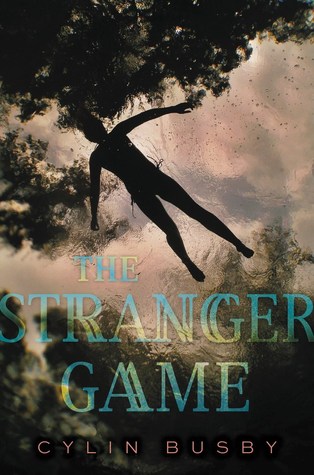

I just finished I’ll Take You There by Wally Lamb, and let me tell you, it has definitely been quite the experience. It’s available strictly on the Metabook app for apple users with iPhones or iPads. Initially, I truly disliked reading on my phone- the amount of pages was daunting, my eyes would hurt, and I would get distracted by notifications going off on my phone. But when I eventually had to put the pedal to medal and finish the text, I found that I actually enjoyed the plot, the characters, and the audiobook option. It’s honestly a super-depressing read, however, even though it ends on an uplifting note. It really does go above and beyond to show the inner workings of seemingly “normal” American family from Connecticut. Their struggles and strife throughout the years through Felix Funicello’s perspective are put on vulnerable display. This is done through the juxtaposition of film reels that captured Felix’s life, presented to him by the ghost of Lois Weber.
In the novel, there’s a ton of admirable female characters. Simone is a beautiful, strong, and supportive sister all the way through for her family, and Frances overcomes her eating disorder, going on to lead a happy and healthy life with her partner. Aliza is Felix’s young, late twenties-aged daughter, working as an opinionated writer for New York magazine, while upholding her generation’s feminist ideals everyday and writing an extremely popular post-feminist blog. Lois Weber shadows the text as a powerful woman director from the silent film-era who should absolutely be remembered and revered. I’m going to throw a bit of a curveball here, however, and say why I feel Verna Hibbard is the unsung feminist hero of I’ll Take You There.
Verna Hibbard is the biological mother of Frances who died shortly after childbirth. She was an uneducated, naïve, promiscuous, lower-class young woman from the South before she moved to Connecticut while her husband was away at sea. She met Iggy Funicello and started a relationship with him, ending with her pregnant, resulting in his abandoning of her. None of her characteristics, and none of these circumstantial events, seem to particularly paint her as a feminist aspiration. But when taking a deeper look, I feel doing this becomes a lot clearer for three main reasons:
Verna is by no means a perfect feminist, but she is definitely an unexpected start to seeing feminism really shine through in the text. It is too easy to pin Aliza as the main feminist player of the novel. I feel the best kind of realizations about girl power are usually hidden in plain sight. ♡
Advertisements Share this:





